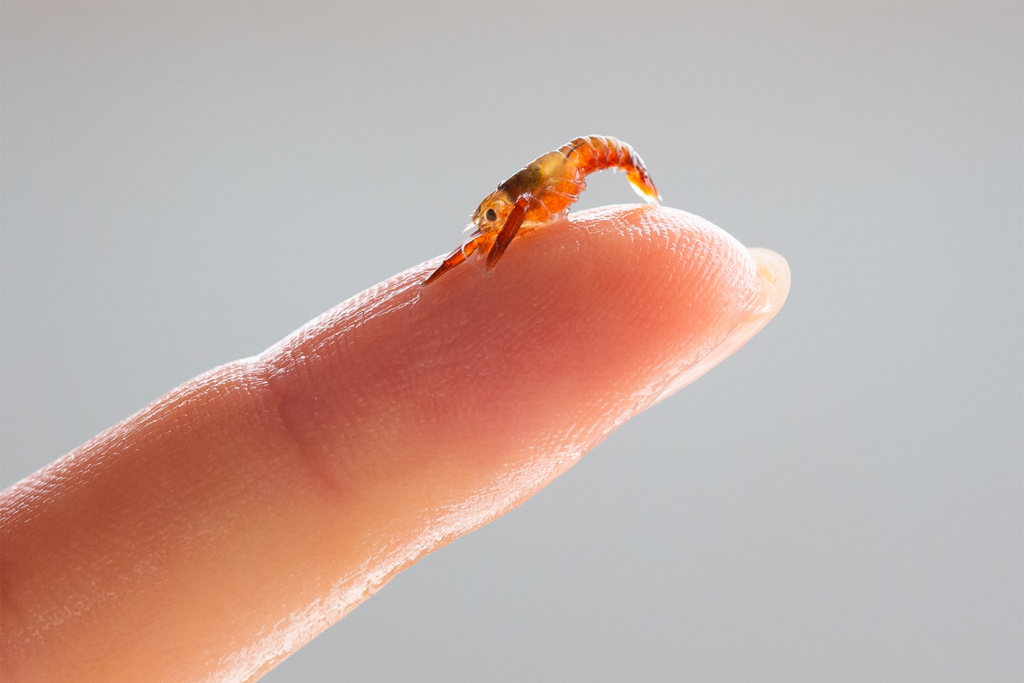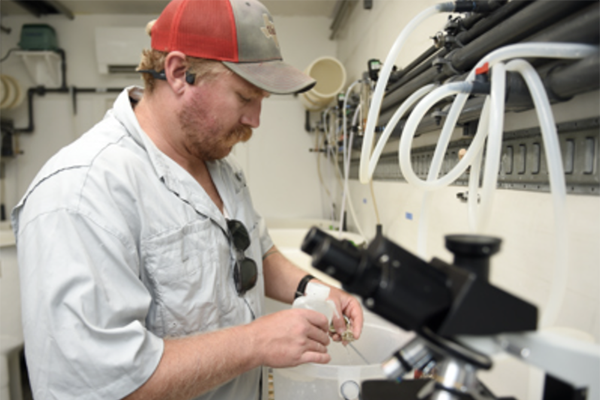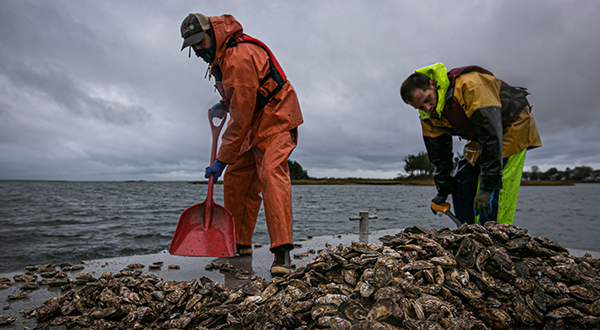Restorative aquaculture could significantly drive economic growth in the NSW South Coast but implementation challenges remain, research says

A new research project assessing the potential of restorative aquaculture in New South Wales (NSW), Australia reveals strong support from local communities and First Nations for developing the blue economy industry on the south coast.
With $289,000 in funding from the New South Wales (NSW) government, the University of Wollongong’s Blue Futures team and the Blue Economy CRC collaborated with key industry players like Sea Health Products and AusKelp, stakeholders, Indigenous rights holders and community members. They aimed to investigate the potential for developing kelp and mussel aquaculture in the region.
The study found a very high degree of in-principle support for developing this industry across the NSW South Coast, with an average of 76 percent of survey participants responding positively to the question, “Would you like to see regenerative aquaculture in your LGA?”
The study also discovered that restorative aquaculture could significantly drive economic growth in the NSW South Coast by attracting investment and creating jobs in a sustainable field. The region is home to restorative aquaculture industry pioneers charting a course for those who follow.
Finally, the study identified a strong interest across First Nation communities and organizations in being leaders in a restorative aquaculture industry, particularly if it can be designed in a way that restores Sea Country.
“If successful, this may do more than just create local jobs and deliver high-protein foods and products in an environmentally friendly way,” said Christopher Ride, Founder of Auskelp and project partner states. “Kelp farming may just help to preserve kelp in NSW waters over the longer term.”
Despite these opportunities, the study also identified some key challenges that industry and government must navigate to meet the considerable potential of restorative aquaculture for the NSW South Coast.
“Regenerative aquaculture is currently constrained by a regulatory pathway to approval that places prohibitive levels of risk on individual proponents,” said Michelle Voyer, project lead from the University of Wollongong.
In addition, while regenerative aquaculture as a concept enjoys very high levels of community support in the region, it faces challenges in implementation at a local scale, with existing proposals drawing mixed responses, and in some cases strong opposition, in local communities.
“Maintaining a high level of public support and the trust of local communities will be contingent on demonstrating that regenerative aquaculture is a nature-positive industry with direct and indirect benefits to community and the environment,” said Angela Williamson, Blue Economy CRC Director, Blue Policy and Planning. “Ensuring that site selection is conducted in partnership with existing ocean users such as fishers and tourism operators, local communities, and especially First Nations and Native Title applicants will be crucial for securing local support.”
Study: Aquaculture can be ‘part of the solution’ to marine ecosystem restoration
To support the transition and responsible growth of a restorative aquaculture industry in NSW South Coast, the research makes recommendations focused on the establishment of research trial sites, co-designed site selection and the development of a framework to support First Nation industry leadership.
The research suggests several steps to help grow a sustainable aquaculture industry on the NSW South Coast. These include setting up research trial sites, choosing locations in collaboration with local communities and creating a plan to ensure that First Nation leaders play a key role in the industry.
“With further collective effort across government, industry, research and the community, we see a strong and vibrant future for a regenerative aquaculture industry on the NSW south coast,” said Voyer.
Now that you've reached the end of the article ...
… please consider supporting GSA’s mission to advance responsible seafood practices through education, advocacy and third-party assurances. The Advocate aims to document the evolution of responsible seafood practices and share the expansive knowledge of our vast network of contributors.
By becoming a Global Seafood Alliance member, you’re ensuring that all of the pre-competitive work we do through member benefits, resources and events can continue. Individual membership costs just $50 a year.
Not a GSA member? Join us.
Author
Tagged With
Related Posts

Intelligence
Scientists use lobster tags to study how offshore aquaculture restores marine habitats
The Ropes to Reefs project uses lobster tagging to assess the wider benefits of the UK’s first large-scale offshore mussel farm.

Responsibility
How restorative aquaculture is lending a helping hand to declining fish species
Researchers explore how effectively restorative aquaculture can enhance declining fisheries and safeguard native fish populations.

Innovation & Investment
New restorative aquaculture project aims to boost oyster farming sector in Texas
The Palacios Marine Agricultural Research launched a project to advance Texas' oyster farming industry, starting with a mobile hatchery.

Responsibility
The Nature Conservancy and Pew team up to support oyster aquaculture, restoration
Funding will help rebuild oyster reefs, as well as promote innovation, resilience and diversity within the oyster aquaculture industry.



